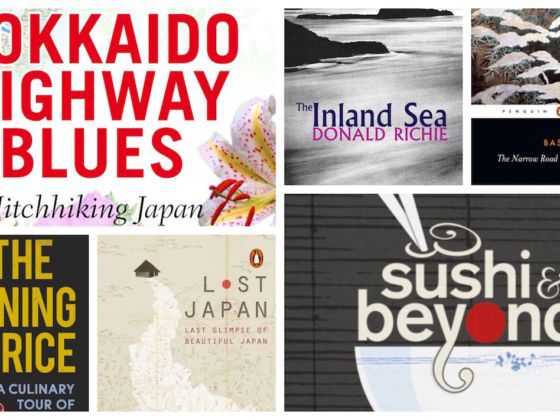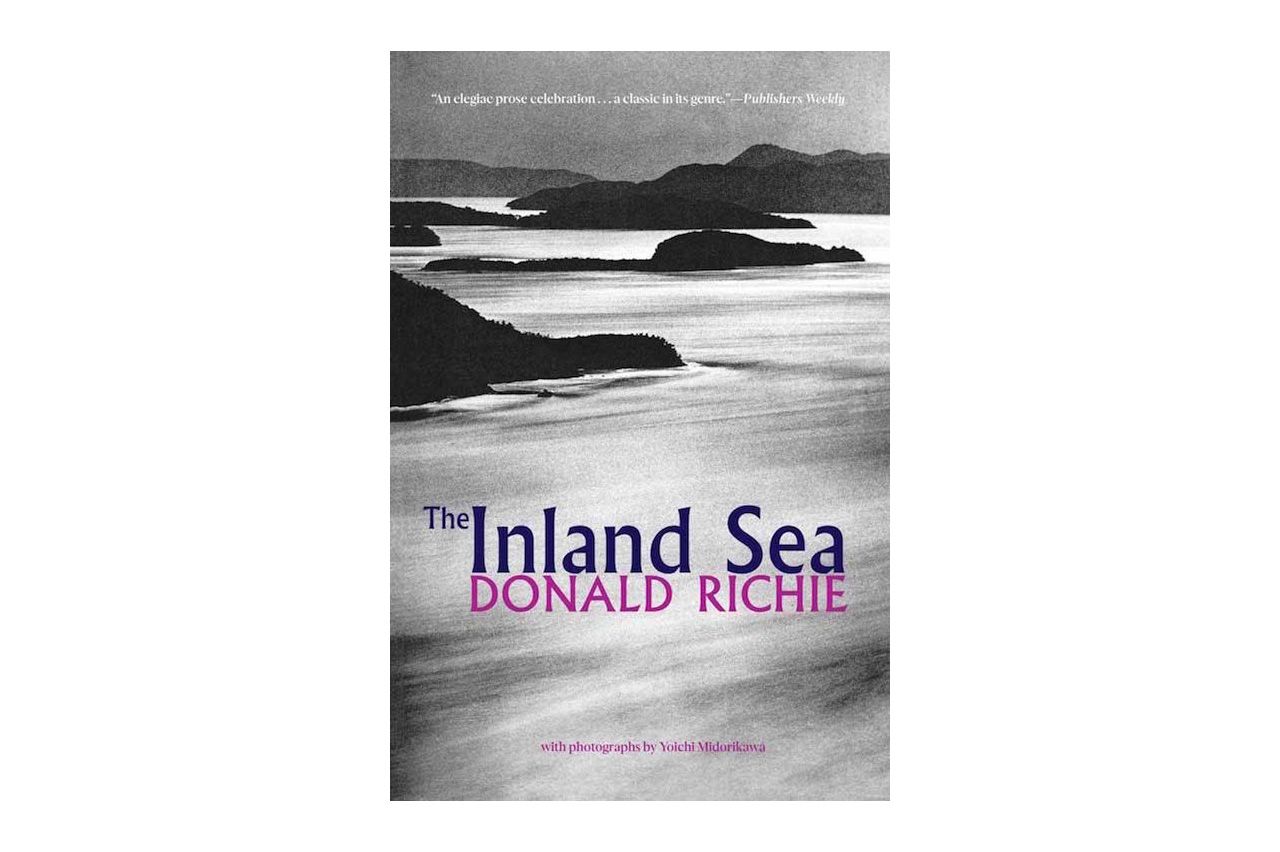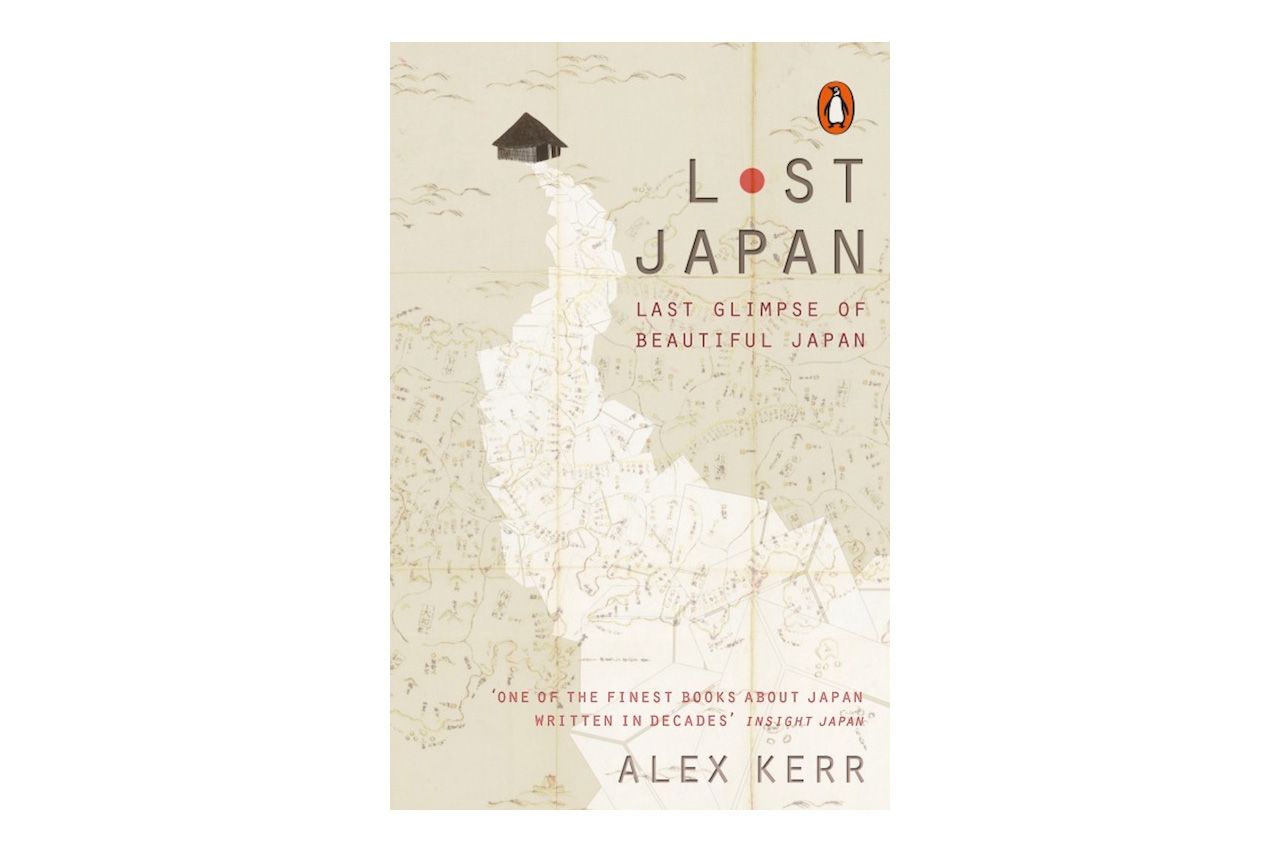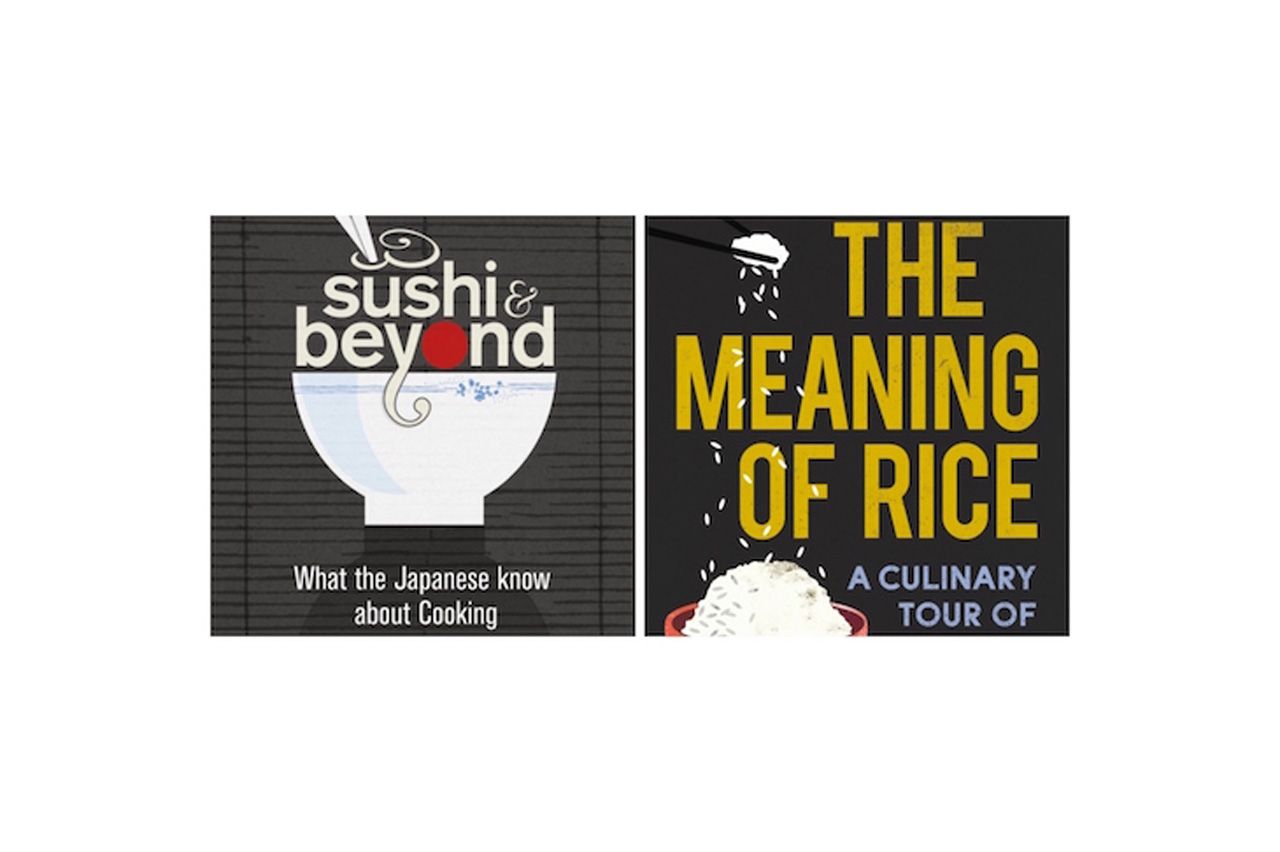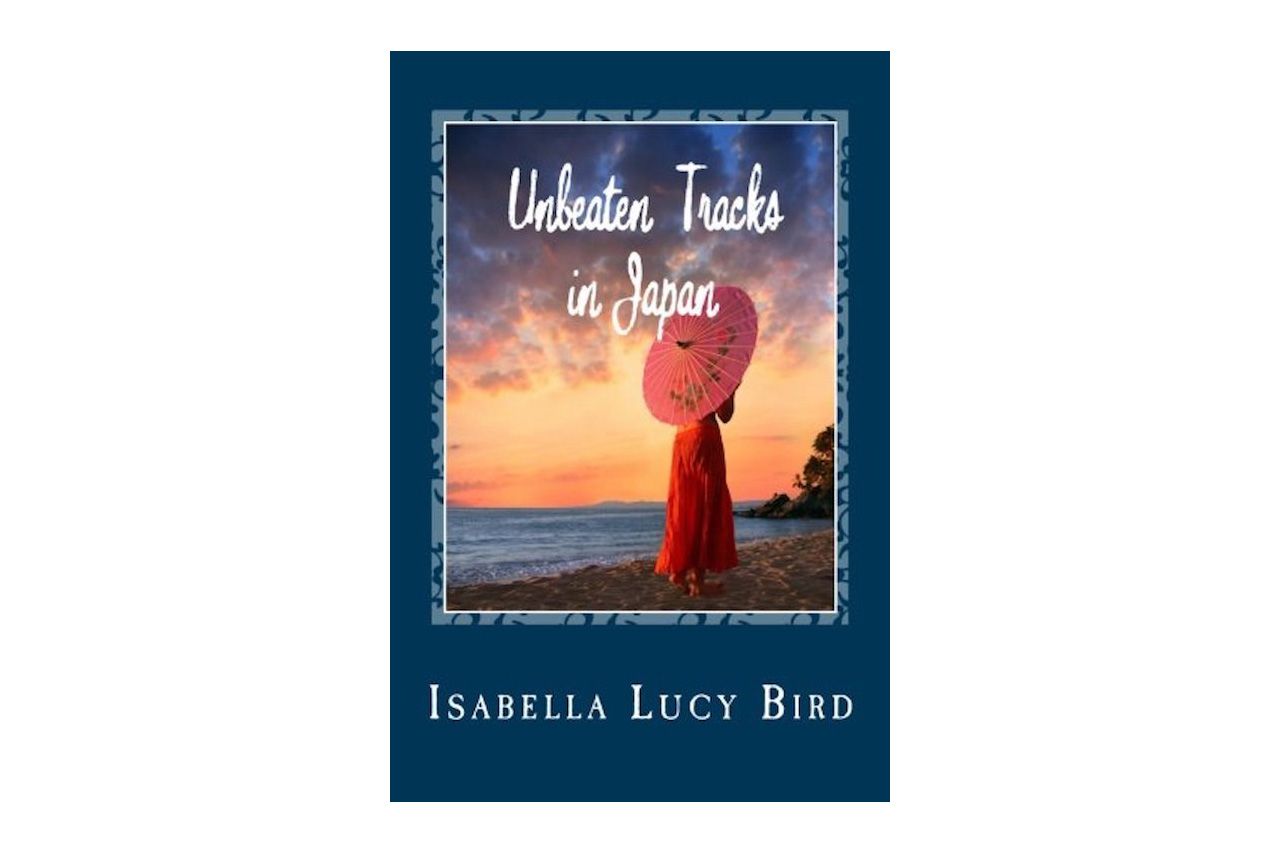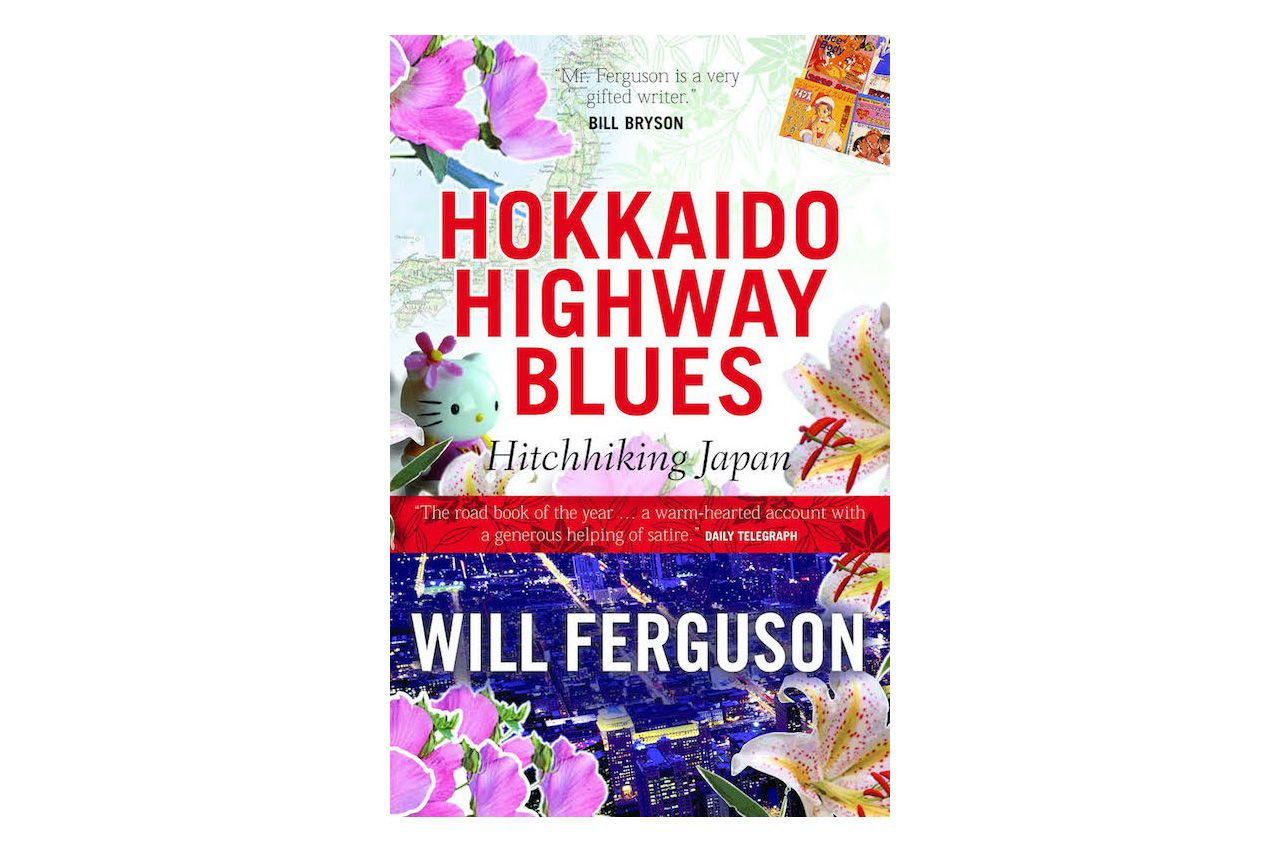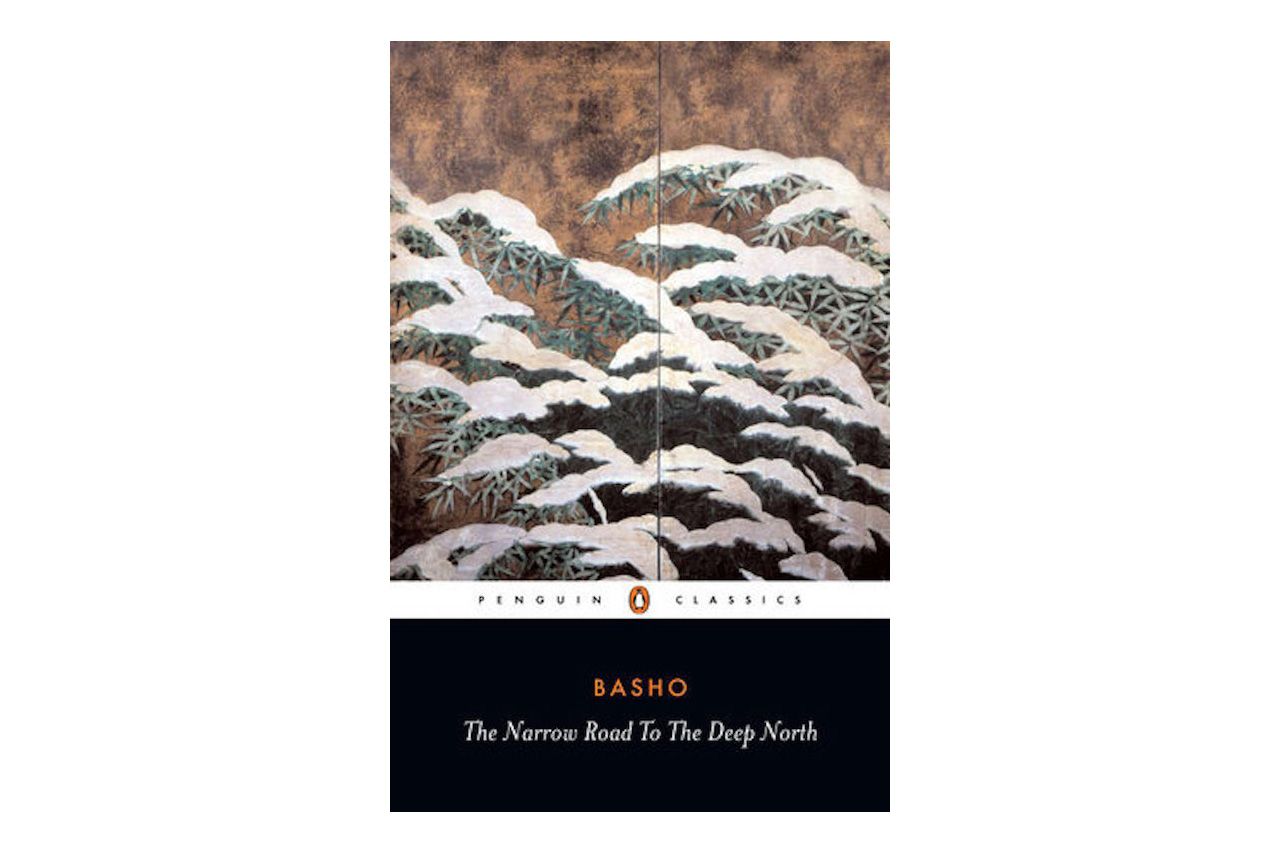Since the days of antiquity, travel writing has remained one of the great forms of escapism, transporting us to faraway lands using literature as its vehicle. Whether it was Herodotus romancing the mountains of ancient Greece in his Persian Wars chronicle, The Histories, or Bill Bryson struggling to conquer the Appalachian Trail at his self-deprecating best some 2,400 years later. Since opening its borders in the 1800s, Japan has inspired many intrepid gaijin (foreigners) to recount their travels too, resulting in a plethora of exploratory treatises on the island nation.
From the late, great Donald Richie’s travel book masterpiece to former chef Michael Booth gorging on washoku (Japanese cuisine) to Isabella Bird’s seminal 19th-century voyage, here are some of the very best Japan travel books to transport you across the globe.
